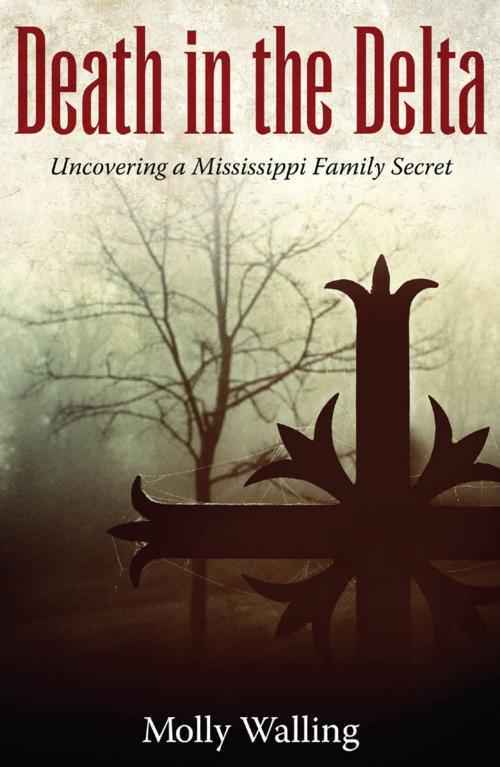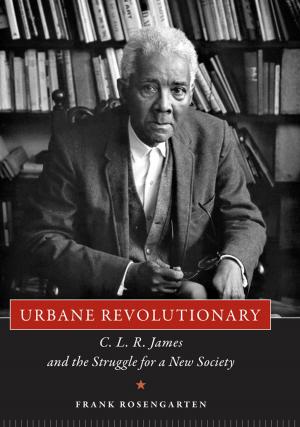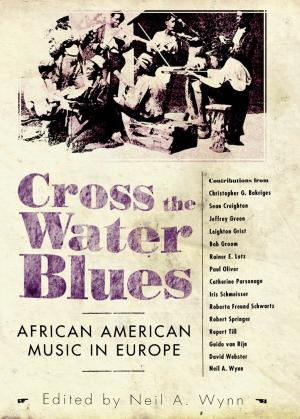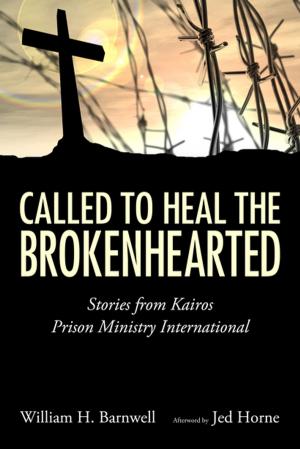Death in the Delta
Uncovering a Mississippi Family Secret
Nonfiction, Social & Cultural Studies, Social Science, Crimes & Criminals, Murder, True Crime, Biography & Memoir| Author: | Molly Walling | ISBN: | 9781617036101 |
| Publisher: | University Press of Mississippi | Publication: | September 7, 2012 |
| Imprint: | University Press of Mississippi | Language: | English |
| Author: | Molly Walling |
| ISBN: | 9781617036101 |
| Publisher: | University Press of Mississippi |
| Publication: | September 7, 2012 |
| Imprint: | University Press of Mississippi |
| Language: | English |
Growing up, Molly Walling could not fathom the source of the dark and intense discomfort in her family home. Then in 2006 she discovered her father's complicity in the murder of two black men on December 12, 1946, in Anguilla, deep in the Mississippi Delta. Death in the Delta tells the story of one woman's search for the truth behind a closely held, sixty-year old family secret. Though the author's mother and father decided that they would protect their three children from that past, its effect was profound. When the story of a fatal shoot-out surfaced, apprehension turned into a devouring need to know.
Each of Walling's trips from North Carolina to the Delta brought unsettling and unexpected clues. After a hearing before an all-white grand jury, her father's case was not prosecuted. Indeed, it appeared as if the incident never occurred, and he resumed his life as a small-town newspaper editor. Yet family members of one of the victims tell her their stories. A ninety-three-year-old black historian and witness gives context and advice. A county attorney suggests her family's history of commingling with black women was at the heart of the deadly confrontation. Firsthand the author recognizes how privilege, entitlement, and racial bias in a wealthy, landed southern family resulted in a deadly abuse of power followed by a stifling, decades-long cover up.
Death in the Delta is a deeply personal account of a quest to confront a terrible legacy. Against the advice and warnings of family, Walling exposes her father's guilty agency in the deaths of Simon Toombs and David Jones. She also exposes his gift as a writer and creative thinker. The author, grappling with wrenching issues of family and honor, was long conflicted about making this story public. But her mission became one of hope that confronting the truth might somehow move others toward healing and reconciliation.
Growing up, Molly Walling could not fathom the source of the dark and intense discomfort in her family home. Then in 2006 she discovered her father's complicity in the murder of two black men on December 12, 1946, in Anguilla, deep in the Mississippi Delta. Death in the Delta tells the story of one woman's search for the truth behind a closely held, sixty-year old family secret. Though the author's mother and father decided that they would protect their three children from that past, its effect was profound. When the story of a fatal shoot-out surfaced, apprehension turned into a devouring need to know.
Each of Walling's trips from North Carolina to the Delta brought unsettling and unexpected clues. After a hearing before an all-white grand jury, her father's case was not prosecuted. Indeed, it appeared as if the incident never occurred, and he resumed his life as a small-town newspaper editor. Yet family members of one of the victims tell her their stories. A ninety-three-year-old black historian and witness gives context and advice. A county attorney suggests her family's history of commingling with black women was at the heart of the deadly confrontation. Firsthand the author recognizes how privilege, entitlement, and racial bias in a wealthy, landed southern family resulted in a deadly abuse of power followed by a stifling, decades-long cover up.
Death in the Delta is a deeply personal account of a quest to confront a terrible legacy. Against the advice and warnings of family, Walling exposes her father's guilty agency in the deaths of Simon Toombs and David Jones. She also exposes his gift as a writer and creative thinker. The author, grappling with wrenching issues of family and honor, was long conflicted about making this story public. But her mission became one of hope that confronting the truth might somehow move others toward healing and reconciliation.















